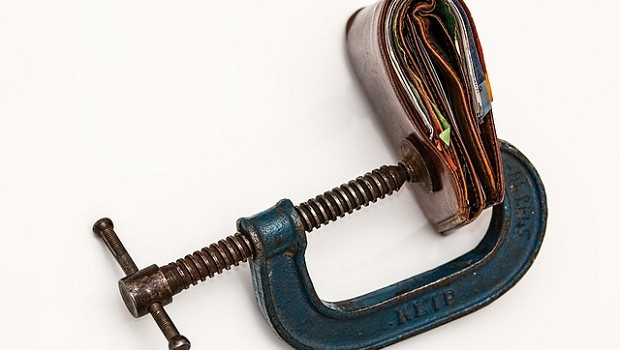UK CPI falls to 6.8% in July

UK consumer price inflation slowed again to 6.8% in July, driven by falling food and energy prices, according to official data published on Wednesday.
The fall was lower than June's 7.9% and in line with economists' forecasts. However it is still well above the Bank of England's 2% target.
Falling gas and electricity prices provided the largest downward contributions to the monthly change while food prices rose in July 2023 but by less than the same month a year ago, also leading to an easing in the annual inflation rates, the Office for National Statistics said.
"There were also notable downward effects from food and non-alcoholic beverages, particularly from milk, bread and cereals."
Hotels room rates and air fares - where airlines are hiking fares in response to demand - "provided the largest offsetting upward contributions" to the rate, it added, with the annual rate rising to 29.8%, up from 26.7% in June and the largest rise since May 2023. .
Core inflation, which excludes volatile energy, food, alcohol and tobacco items, remained unchanged at 6.9% in July versus the June reading. Service sector inflation, which is closely watched by the Bank of England as an indicator of domestically generated price pressure picked up to 7.4% from 7.2%.
"This is a decidedly cup half full moment. Firstly, inflation is still significantly above that two percent target and even if it is cooling off faster than a sun burnt Brit diving into a hotel pool, prices are not falling, they’re just not rising as fast as they have been," said AJ Bell analyst Danni Hewson.
“Then there are the secondary effects that have indeed become embedded in the UK economy. Wage increases and price pressures have forced up service costs and that’s weaving its own nasty spell on core inflation."
“And it’s the core figure that will keep pressure on the Bank of England to keep raising interest rates until the sticky tendrils have been eradicated like weeds denied water."
Reporting by Frank Prenesti for Sharecast.com